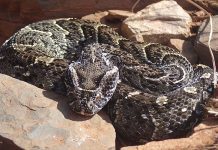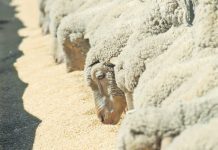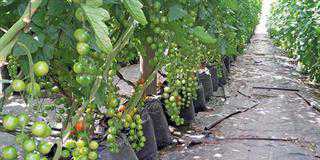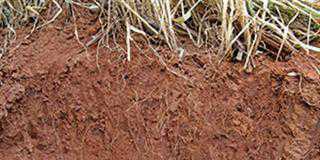Lettuces that can sprout year-round, even at high temperatures, could soon be on the menu, thanks to US plant scientists.
Californian researchers recently identified and silenced a lettuce gene that slowed germination during hot weather. “This will enable plant breeders to develop lettuce varieties that can grow to maturity at high temperatures,” says Kent Bradford, University of California Davis professor of plant sciences.
Because the mechanism that inhibits hot-weather germination in lettuce seeds appears to be fairly common in plant species, Bradford suspects that scientists could modify many plants to improve germination. Most lettuce varieties flower in spring or early summer and then drop their seeds – a trait thought to be linked to their origin in the Mediterranean region with its dry summers.
Scientists have observed for years that a built-in dormancy mechanism seems to prevent lettuce seeds from germinating under conditions that would be too hot and dry to sustain growth. While this naturally occurring inhibition works well in the wild, it is an obstacle to commercial lettuce production. In California and Arizona, lettuce seeds are planted somewhere every day of the year – even where temperatures reach 43°C.
To jump-start seed germination in these climates, growers cool the soil with sprinkler irrigation or prime the seeds to germinate by pre-soaking them at cool temperatures and redrying them before planting – methods that are expensive and not always successful. In the new study, scientists identified a region of chromosome six in a wild ancestor of commercial lettuce varieties that allows seeds to germinate in warm temperatures. When this chromosome region was crossed into cultivated lettuce varieties, these varieties gained the ability to germinate in warm temperatures.
Researchers then focused on a gene governing production of abscisic acid, which inhibits germination. Moisture at warm temperatures ‘turns on’ this gene in most lettuce seeds, increasing production of abscisic acid. In the wild ancestor, this gene does not turn on at high temperatures, so abscisic acid is not produced and the seeds can germinate. The researchers then silenced the gene in cultivated lettuce varieties, allowing them to germinate and grow in high temperatures.













